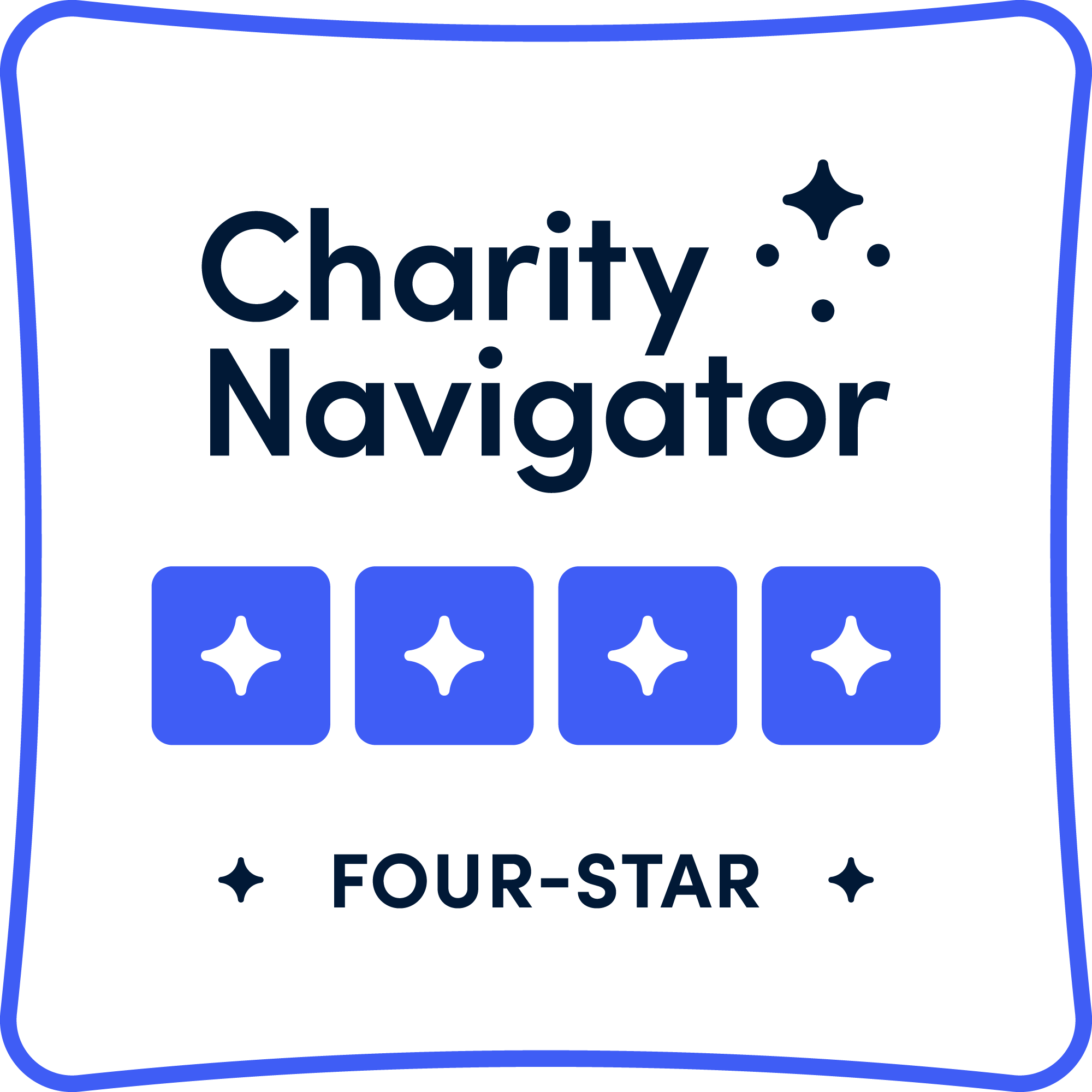Estate Planning to Leave a Legacy

Often, when I speak of leaving a legacy to NFCR, many donors sigh and talk about the difficulty of sitting with an attorney and revising their will or setting up a trust. Not to mention the family dynamics and costs associated with creating or updating estate planning documents. I understand where planned giving can be a stressful process and difficult decision, but it doesn’t have to be.
A planned gift doesn’t have to involve difficult documentation, high fees, or the involvement of an attorney…not that there’s anything wrong with attorneys. It can be made by simply changing the beneficiary designation on various accounts.
Consider the accounts you own that require a beneficiary designation. Generally, life insurance policies, 401ks/IRAs, and, in some cases, savings accounts can have a Payable On Death designation, which operates the same way as a beneficiary.
What does a beneficiary designation accomplish? It’s pretty straightforward. If I own an account with a beneficiary and I pass away, the funds go directly to the beneficiary, regardless of what any other document, such as a will or trust, may say.
Example: My will may leave everything to my wife and children, but if I have my brother as beneficiary of my IRA and I pass away, my brother will receive my IRA funds. There may be some arguing, but the IRA will ultimately pass to my brother.
This is where changing a beneficiary to a charity, such as NFCR, is really the simplest and straightforward way of leaving a legacy. Perhaps I have an old IRA where I’ve been gifting the annual distributions to NFCR for a few years. Maybe you could consider changing the beneficiary to NFCR. The same could hold true for a life insurance policy, brokerage account or savings account as well.
Changing a beneficiary can be as simple as requesting a “change of beneficiary” form or simply going online to your account provider and completing the form there. Even though this is very simple and doesn’t need to be a public discussion, you may save some family confusion if you mention your intentions to your family and/or friends in advance.
Lastly, when designating a charity as a beneficiary, it doesn’t have to be an all-or-nothing scenario. You can always decide to leave any percentage you please to a charity or even to multiple charities. You can leave 75% of your life insurance policy to your sister and the remaining 25% to NFCR, or any combination you can imagine.
If you have any questions, thoughts, or concerns you would like to discuss, I would be glad to have a phone conversation. Please contact Brian Wachtel, Executive Director, at BWachtel@NFCR.org to learn more.












